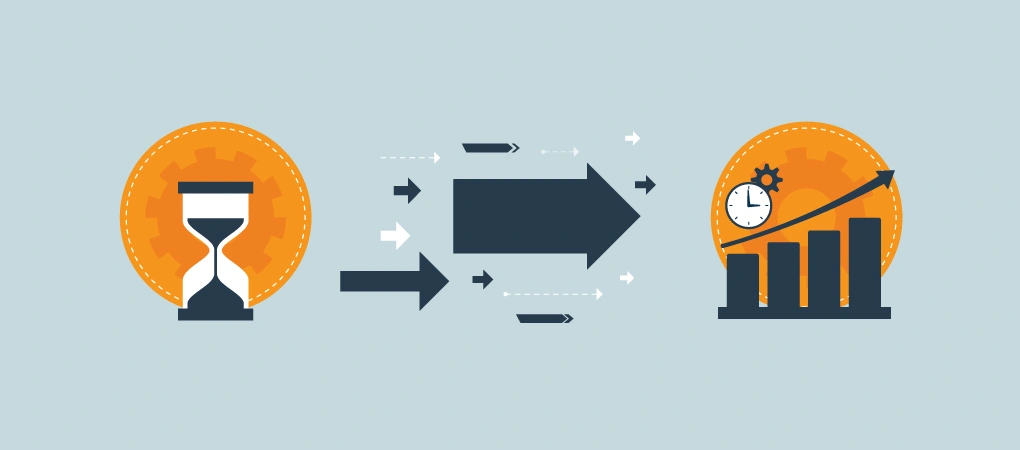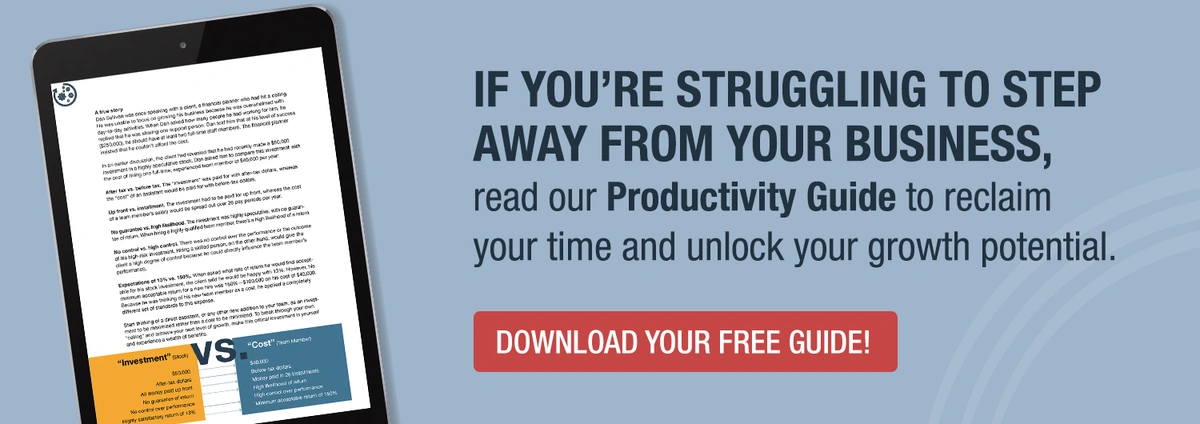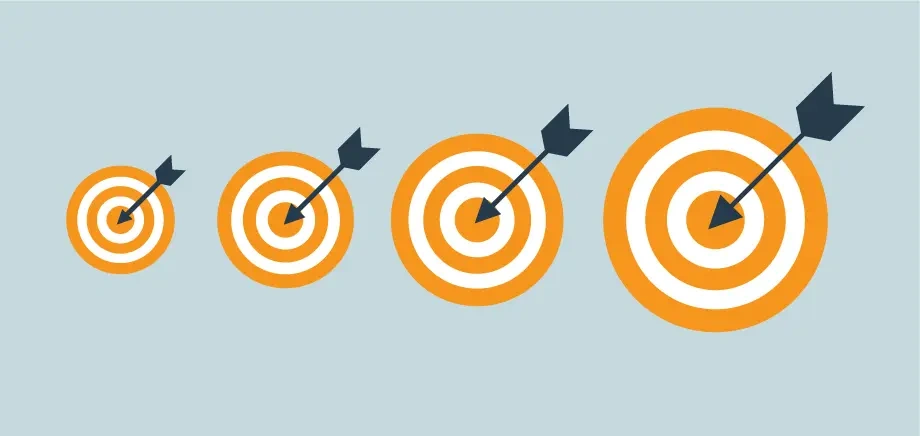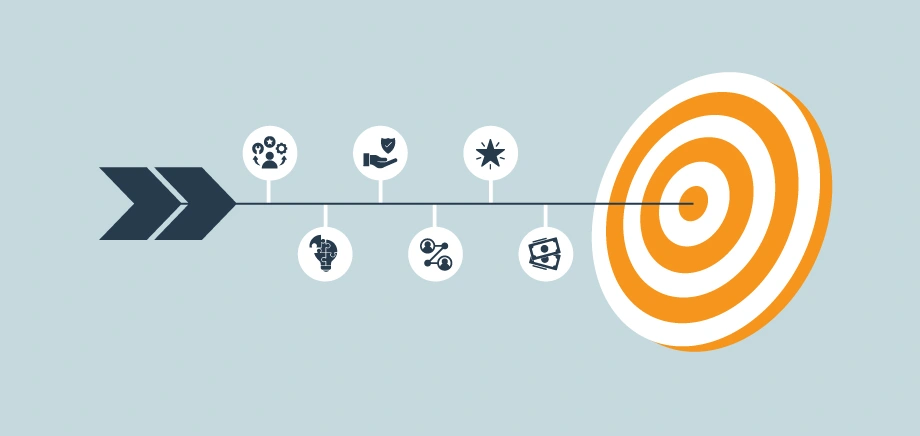Unlock Growth: Transform Free Time Into Productivity Power
Entrepreneurs often brag about how much time they spend working. They wear busyness as a badge of honor and have contempt for entrepreneurs who need vacation time. You’ll hear people say, “Well, my work is my free time” or “I don’t really work; I just play.” Many entrepreneurs don’t draw a line at all regarding taking time off.
In my experience, this makes entrepreneurs one-dimensional. I can’t help but wonder what their relationships and general appreciation of life are like when they do nothing but work. In my eyes, there are so many other aspects of life to experience and explore other than work.
Typically, the quality and enjoyment of your work suffer when you’re burnt out.
It also negatively impacts your organization, leading to the expectation that everyone who works for the company will also have little free time.
This leads to a high burnout rate for team members. They feel oppressed because they can’t have personal lives, and it’s expected that they’ll always come in early, work late, and work weekends. This makes them defensive and dull and results in a high turnover rate because you can’t have a life when you work for a company with a workaholic philosophy.
The opposite happens when entrepreneurs allow themselves the freedom to take time off. Then, their team members also have the freedom to have a life, which makes them more productive during workdays. Taking free time helps both you and your team members avoid burnout.
So, free time isn’t just a reward for hard work; it’s a necessary prerequisite for doing good work.
Stop the burnout.
For decades, I’ve taken 155 days off every year.
Taking time off to this degree, particularly as an entrepreneur, is almost unheard of in North America. But I’ve found that it’s not only beneficial to me in my non-work life, it’s also made me more effective professionally and has been enormously beneficial to my team members and my organization.
Rejuvenation renews your energy and creativity, and taking several days off the table for free time leaves fewer work days, making you more productive when you are working.
Making the most of your workdays.
Because it’s a rule that I work only 210 days a year, I can never say, “Well, this project is going to take longer, so I’ll cancel this scheduled day off.”
What this means is that during every one of those 210 days, I’m getting as much done as possible. I’m much more focused because I have fewer days to get things done.
I also look outside of myself for ways to get results. I’m always looking at who on my team can take something off my plate, which is how teamwork constantly expands.
The Self-Managing Company solution.
To ensure that I don’t think about working when I’m taking time off, I have to trust that my team knows what they’re doing.
On days when I’m not working, team members at the company are fully responsible for making decisions because there’s no contact between me and anyone at the office.
I’ve passed up on great opportunities that have come up while I’m taking time off, and I’ve done it without hesitation because I know that the team members who are working that day are developing opportunities themselves and that I take advantage of enough opportunities during the 210 days a year that I’m working.
Allowing myself to take 155 days off every year has benefited my health, my relationships, my productivity, my company, and the lives of all the people who work there.
All entrepreneurs have the opportunity to benefit in the same way. All you need to do is grant yourself the freedom to take time off.








